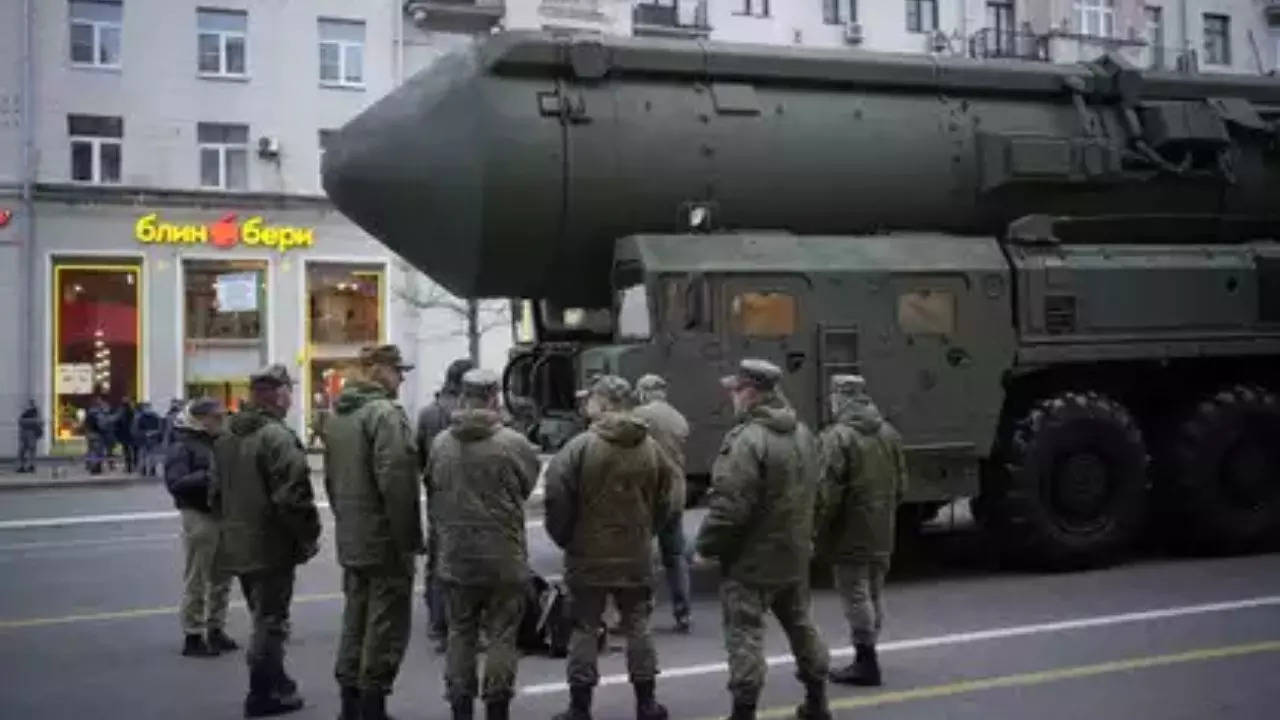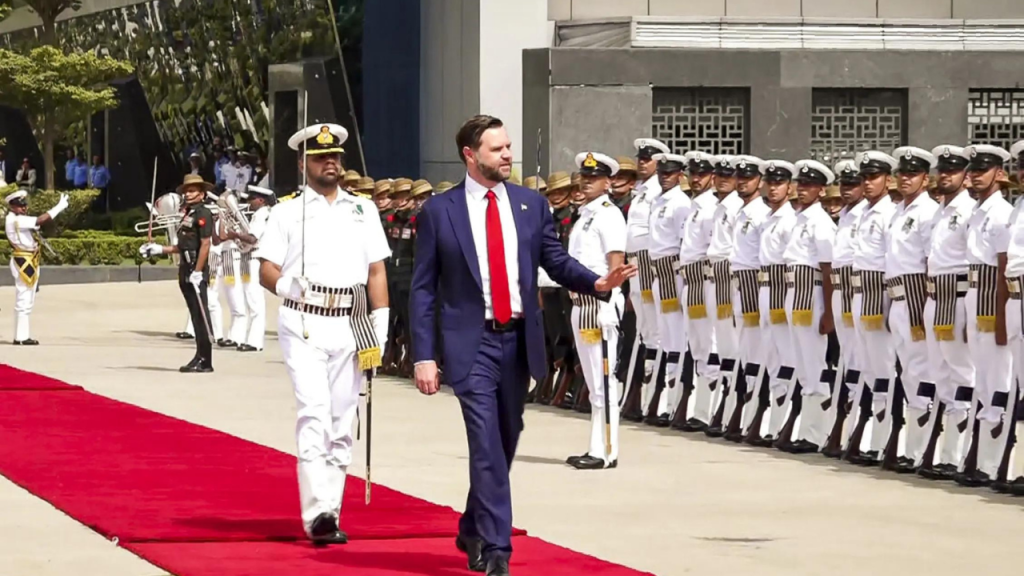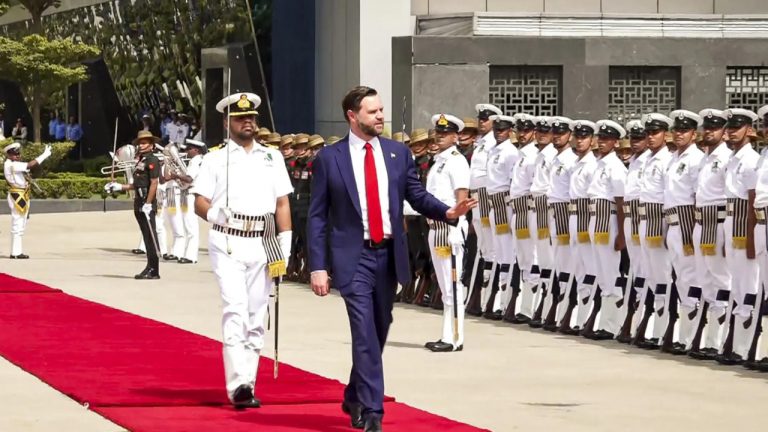After the fall of the Soviet Union, Ukraine inherited a significant nuclear stockpile. Despite possessing these nuclear weapons, Ukraine chose to relinquish them due to financial burdens and geopolitical risks. The 1994 Budapest Memorandum pledged security guarantees, which were put to the test when Russia annexed Crimea and backed separatists in Ukraine. The current Russia-Ukraine conflict underscores the vulnerabilities of Ukrainian security without nuclear deterrence. The decision to give up nuclear weapons has left Ukraine exposed to external threats, leading to increased tensions and concerns about its sovereignty. The lack of a nuclear deterrent has put Ukraine in a precarious position, prompting calls for greater international support and reassurances. The situation serves as a cautionary tale for other nations considering disarmament and underscores the complex interplay between security, diplomacy, and international relations. As Ukraine navigates these challenges, the global community watches closely, aware of the implications for regional stability and security. The need for a comprehensive security strategy has become more urgent as Ukraine grapples with ongoing conflicts and strives to safeguard its territorial integrity. The lessons learned from Ukraine’s nuclear disarmament resonate beyond its borders, serving as a reminder of the delicate balance of power in an increasingly volatile world.

Posted in
JUST IN
Ukraine’s Nuclear Decision: Impact on Security Amid Russia Conflict – Analysis of Budapest Memorandum Fallout.
In Trend





















